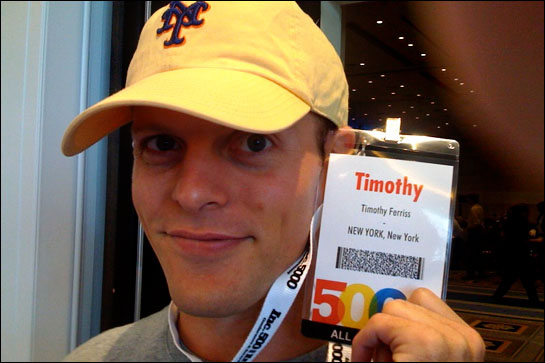The cocktail party conversations I have about what I do for a living reveal so much about the world. For example, if I say I have an Internet startup, people generally think: She's unemployed. If I say I write a syndicated newspaper column that runs in 200 papers, people are impressed. If I tell people I'm a blogger, they say, “I don't have time to read blogs.”
Here's what I am going to start saying to those people: Only losers say they don't have time to read blogs. Because everyone has the same 24 hours in the day. So it's not that you somehow are more busy than everyone else — no one is actually too busy for anything — the issue is that reading blogs is not high enough on your priority list to read them.
So the real response, when I say, “I'm a blogger,” should be “I stay away from blogs so I can shield myself from alternative opinions to mainstream media.” And you wouldn't want to be that person, right? In fact, you're probably not that person, because look, you're reading this blog.
But the problem of saying “I don't have time to read that” applies to anything — it could be blogs but it could be those really long articles in the Atlantic that scream: “I know no one is reading this article! I only wrote it to get a book deal!”The reality is that you have time to read everything.
Here’s what to do if you feel like you can’t get a grip on your reading pile:
Stop talking about information overload. That term is for weaklings. Guess what? Generation Y never talks about information overload. That's because they know how to process information better than anyone else. That's actually what they were doing when their parents told them to turn off the TV and the music and log off of IM and do their homework. Read more

